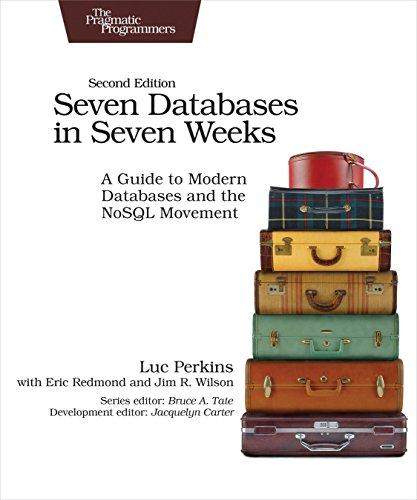Question
For every number there is a larger number such that there are no numbers between them. Some person has exactly one cousin. (a) Write the
"For every number there is a larger number such that there are no numbers between them."
"Some person has exactly one cousin".
(a) Write the first statement as a predicate logic formula with "x=y" and "x < y" as predicates.
(b) Similarly, write a formula for the second statement using predicates "Parent(x, y)" and x =y. A cousin is a child of a sibling of a parent; you will need to come up with a predicate logic formula true for a pair of people that are cousins first, and then use it to make a formula for the statement above. You can shorten Parent(x; y) to P(x; y) to make your formula shorter.
(c) For both statements, give an example of a domain and, if needed, interpretations of predicates which make it true. You can use the same domain for all quantified variables in each formula. Either describe the domains (e.g. by listing elements) or refer to ones from the slides. You can make up your own domains of people by listing names.
(d) For both statements, give a counterexample (a domain and interpretations of predicates)
(e) Write negations of formulas from (a) and (b), pushing negations inside to predicates.
Step by Step Solution
There are 3 Steps involved in it
Step: 1

Get Instant Access to Expert-Tailored Solutions
See step-by-step solutions with expert insights and AI powered tools for academic success
Step: 2

Step: 3

Ace Your Homework with AI
Get the answers you need in no time with our AI-driven, step-by-step assistance
Get Started


